You might hear people talk about ‘vaccines’, or ‘immunisations’, or even ‘jabs’ or ‘jags’. While there are differences between them, they all lead to the same thing – a child who is protected from vaccine preventable diseases.
It’s important to take your child for their vaccination appointments when they’re invited, and not to delay getting your child immunised. Early protection is important because vaccines teach your child’s immune system how to create antibodies that protect them from diseases. It's much safer for your child’s immune system to learn this through vaccination than by catching the diseases and treating them.
You can find out more about these immunisations and why they’re so important on NHS Inform.
If you're pregnant, the best way to protect yourself and your baby from serious disease and illness is to get the recommended vaccines at the right time. You can find out more about vaccines in pregnancy on NHS Inform.
Why are vaccinations so important?
As children grow up, they can be exposed to infections. Most of these only cause mild illnesses. However, despite great medical advances, some infections can still cause severe illness, disability and, at times, death.
The benefit of immunisation is that your child has the best possible protection against vaccine preventable diseases.
Once your child is immunised they're also helping to protect the health of the whole community. When enough people are immunised against an infection, it's more difficult for it to be spread to those who aren’t immunised. This is important because children with some severe medical conditions and allergies can't have certain immunisations.
If the thought of taking your child to be vaccinated is worrying you, here are some tips to make your appointment go as smoothly as possible.
How will I know when my child needs immunised?
The thought of getting your baby vaccinated may be stressful – but not as stressful as the thought of your baby getting ill! Diseases can be particularly serious in young babies, so it's important to make sure your wee one is protected as early as possible, to prevent them from catching these diseases.
What immunisations will my baby be offered?
You’ll be offered a series of immunisations to protect your baby against a wide range of nasty diseases, including polio, tetanus, diphtheria, whooping cough, septicaemia, meningitis, measles, mumps, rubella and chickenpox. Some of these require several doses to build up your child’s immunity. So while it may seem like a lot of vaccinations, they’re all really important for helping keep your baby safe.
You can find out more about why these immunisations are important and when you’ll be offered them on NHS Inform.
What immunisations will my pre-schooler be offered?
When your child is aged around 3 years and 4 months they’ll be offered another round to protect against diphtheria, tetanus, polio, whooping cough, measles, mumps, rubella and varicella (chickenpox). You can find out more about these immunisations on NHS inform.
How will I know when my child needs immunised?
Your local health board will send you a letter with information about when and how your baby can get their immunisations, but if you have any questions you can find out how to contact your local vaccination service here.
You can find out more about all these immunisations on NHS Inform.
Child flu vaccine
It’s recommended all eligible children should get the flu vaccine this year, between September and December, to help protect them from influenza (flu).
The flu vaccine is a quick, painless nasal spray and will just feel like a little tickle up their nose.
Visit nhsinform.scot/childflu to find out more.
Children aged 2-5
If your child is aged 2-5 (and not yet in school) you will be sent a letter with information about their flu vaccine appointment or how to book one.
Primary and secondary school pupils
All primary and secondary school pupils will be offered the flu vaccine at school. Look out for consent forms sent home from school – the forms should be completed and returned to school as soon as you can.
This video shows what to expect at your flu vaccination appointment, which is given as a painless nasal (nose) spray.
Children aged 6 months-2
Some children aged 6 months to 2 years will be offered the flu vaccine (as an injection) if they have certain health conditions. If your child is eligible, you’ll be sent a letter with details of an appointment or how to book one. For a list of eligible health conditions visit the NHS Inform website.
COVID-19 vaccine
Some children may be eligible for a COVID-19 vaccine, if they have a condition that means they are at higher risk of COVID-19. For the latest information about the COVID-19 vaccine and to check if your child is eligible, visit the NHS Inform website.
Measles, mumps, rubella and varicella (MMRV) vaccination
The MMRV vaccine protects your child from measles, mumps, rubella and varicella (chickenpox). It replaces the MMR (measles, mumps and rubella) vaccine.
You can find out more about the MMRV vaccination on NHS inform .
RSV monoclonal antibody immunisation
RSV stands for respiratory syncytial virus. It’s a common infection that affects the lungs. When small children catch RSV, it can make it hard for them to breathe and can cause inflammation or infection in their lungs, which can be serious.
In most people it causes a mild illness with cold-like symptoms, but it’s more serious for young babies. For this reason, your baby or toddler will be offered an RSV monoclonal antibody immunisation if:
- they’re born prematurely, before 32 weeks
- they’re under 2 and have a health condition that affects their heart, breathing or immune system.
You can find out more about the RSV monoclonal antibody immunisation on the NHS Inform website.
Vaccines for young people aged 11+
In addition to the flu and COVID-19 vaccines (if they’re eligible for this), your child will be offered some routine immunisations in secondary school. It’s really important that your child gets all the vaccines they’re offered, to protect them from serious and, in some cases, life threatening diseases.
- The HPV vaccine helps protects against HPV-related cancers, like cervical cancer, head and neck cancer and genital cancers. It also protects against genital warts. Your child will be offered it when they’re in S1. You can find out more about the HPV vaccine here.
- The DTP vaccine completes the 5 doses required for long-term protection against diphtheria tetanus, and polio. Your child will be offered this when they’re in S3, around 14 years old.
- The meningitis ACWY (MenACWY) vaccine helps protect against meningitis and septicaemia (blood poisoning). Your child will get this vaccine when they’re in S3.
- If your child didn’t have two doses of the MMR vaccine (see above) when they were younger, they'll be offered this when they’re in secondary school.
For more information about these vaccines and why they’re so important visit www.nhsinform.scot/vaccinesforyoungpeople.
Do boys need to get the HPV vaccine?
Yes! We often associate the HPV vaccine with preventing cervical cancer, but it also protects from head and neck cancer and cancers of the penis and anus, so it’s just as important that boys get the vaccine too.
How will I know when my child needs immunised?
Vaccines consent packs will be sent home from school. It’s important that you chat to your child about the vaccines offered, sign the consent form and return to school by the deadline provided. If your child misses school on vaccination day, they’ll be able to get the vaccine(s) at a later date.
Children who are home educated or are not in mainstream school are also eligible for these vaccines. You can an appointment by getting in touch with your local NHS immunisation team. Contact details can be found on the NHS Inform website.
Immunisations during pregnancy
The best way to protect yourself and your baby from serious disease and illness is to get the recommended vaccines at the right time. NHS Scotland recommends that pregnant women should have the whooping cough, RSV and flu vaccines. Ask you midwife for more information on how to get your vaccines. You can find out more about the immunisations offered during pregnancy and why they’re so important on the NHS Inform website.
 Activities & Play
Activities & Play Behaviour
Behaviour Childcare
Childcare Development & Growing Up
Development & Growing Up Family, Friends & Relationships
Family, Friends & Relationships Feeding Your Baby
Feeding Your Baby Food & Eating
Food & Eating Health & Safety
Health & Safety Mental Health & Wellbeing
Mental Health & Wellbeing Money & Work
Money & Work Online Behaviour & Safety
Online Behaviour & Safety Pregnancy & First Days
Pregnancy & First Days School & Education
School & Education Sleep
Sleep

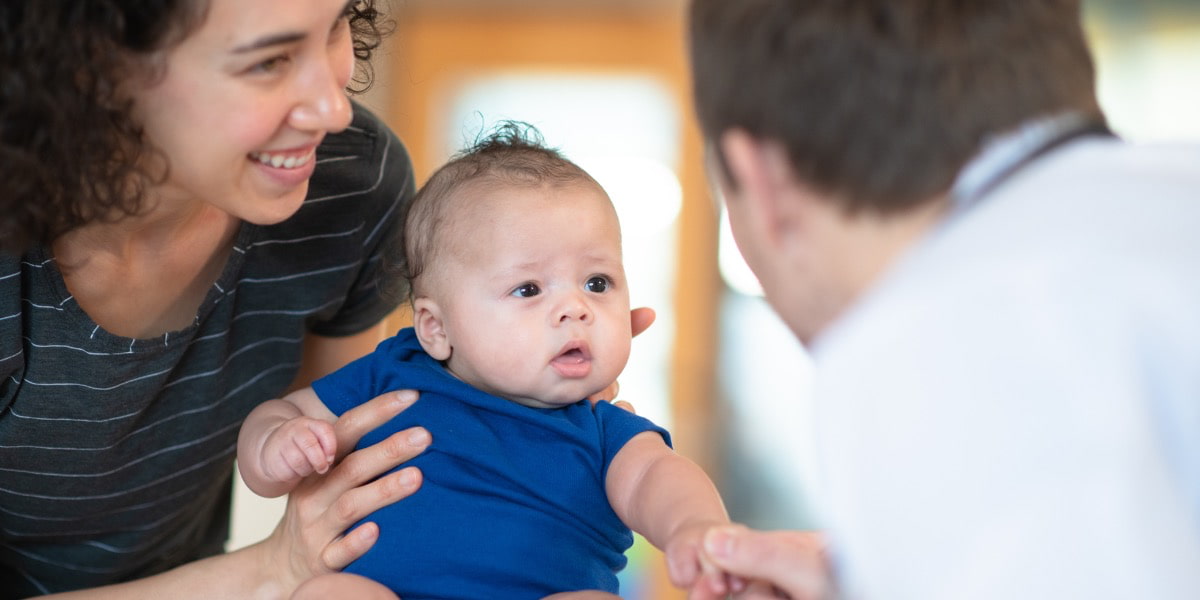
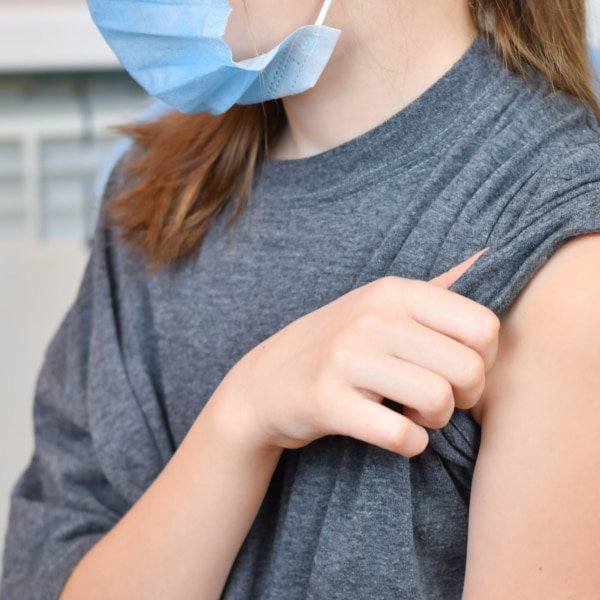
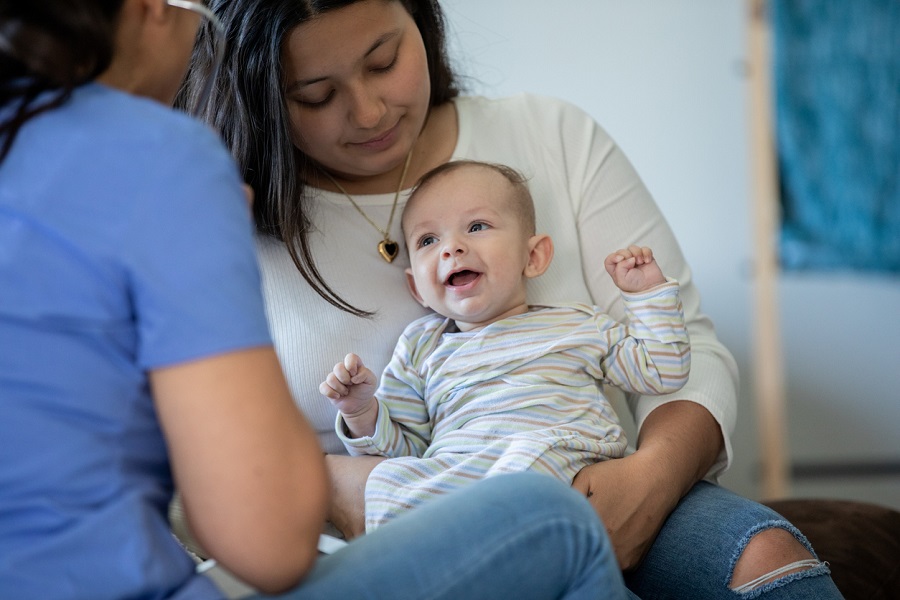
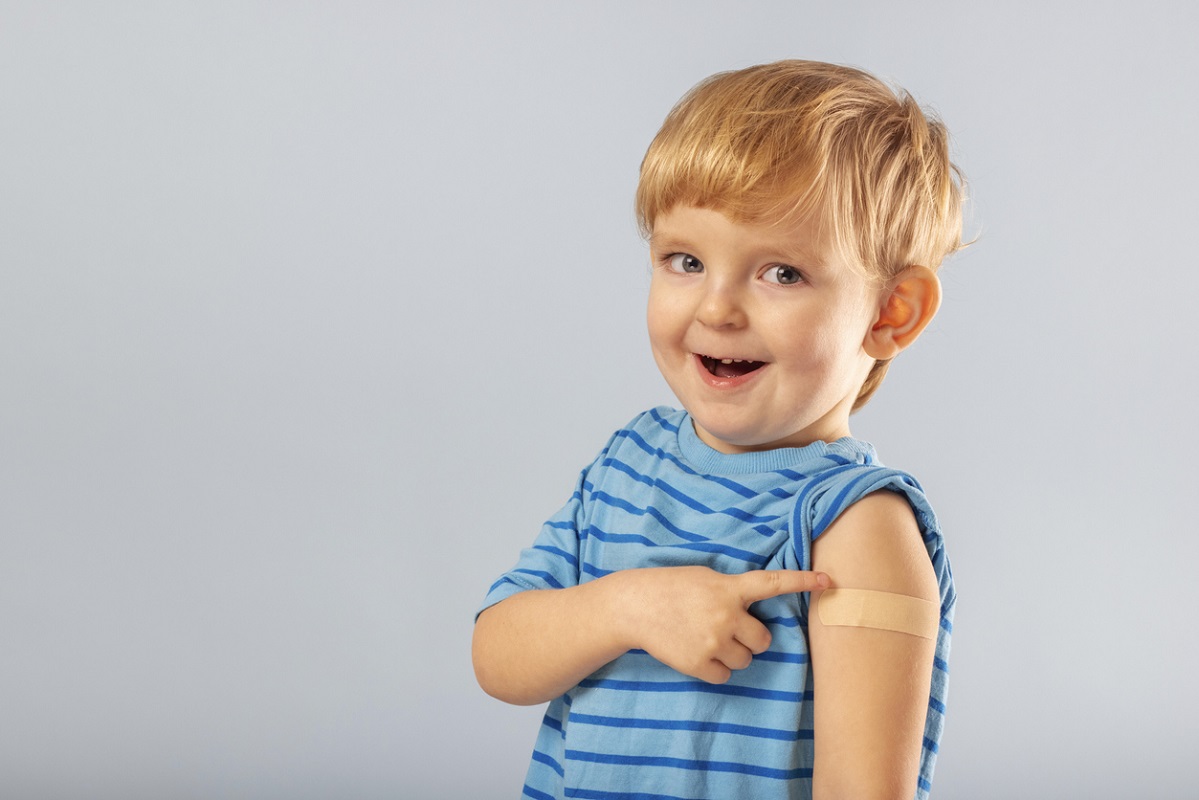
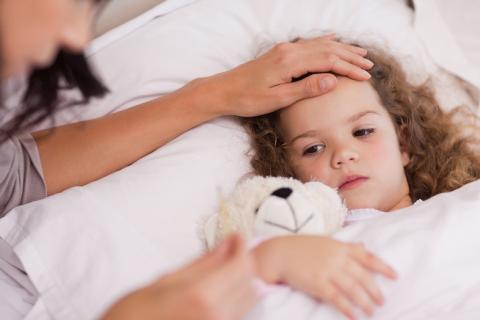
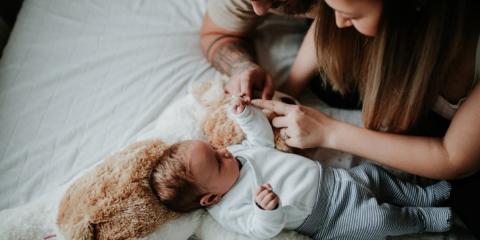
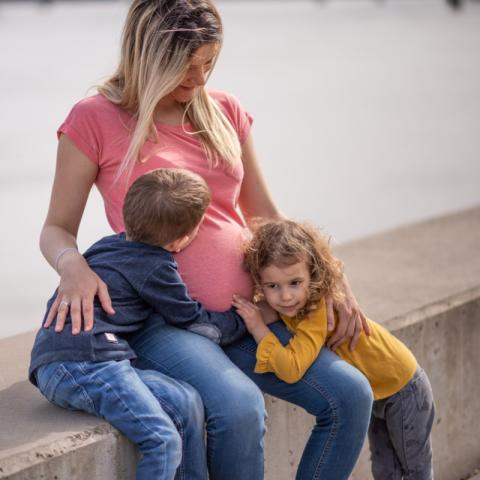
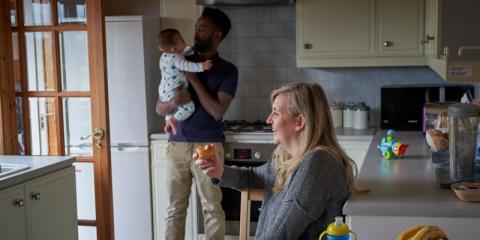
 Mental Health & Wellbeing
Mental Health & Wellbeing
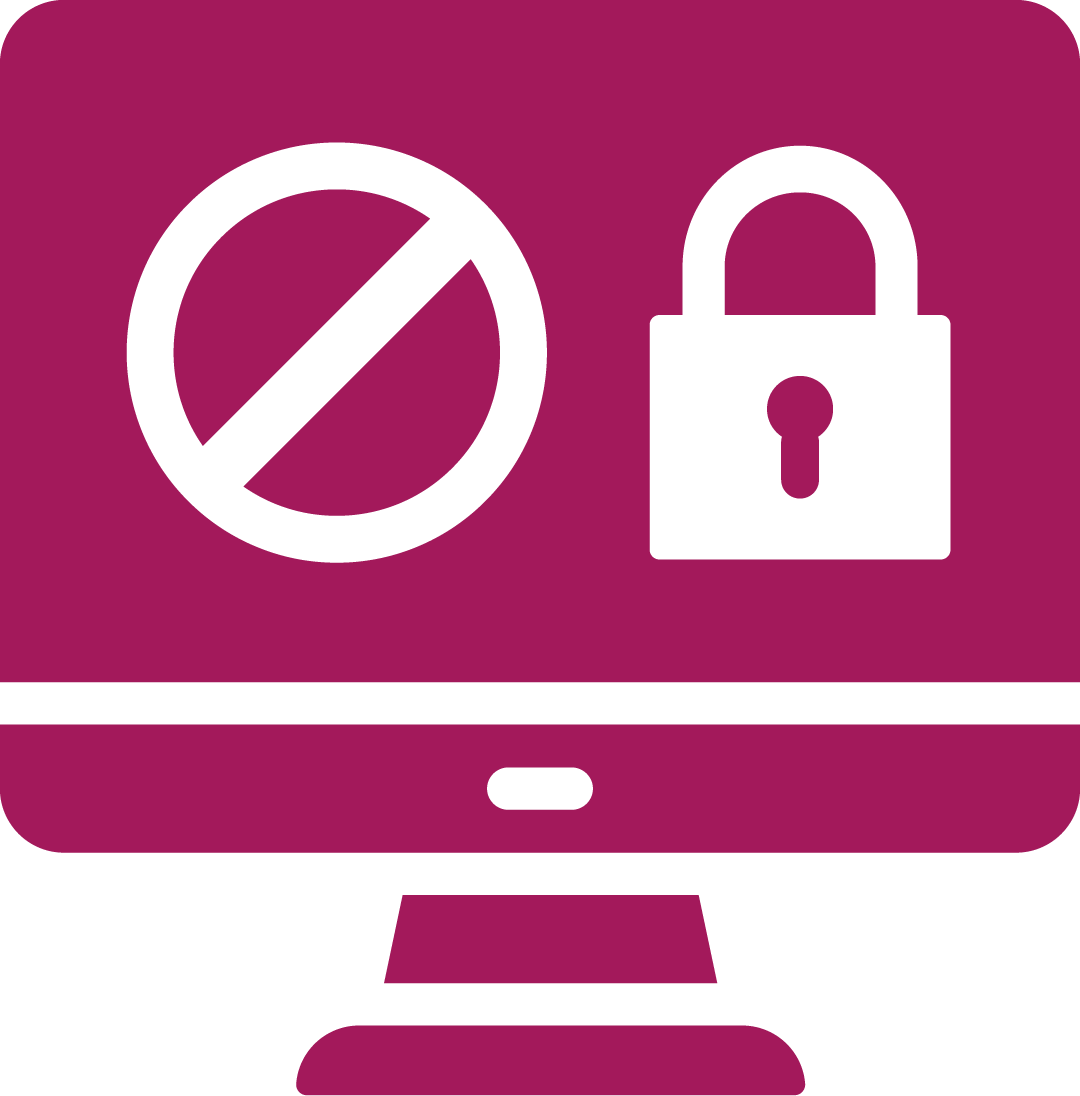 Online Behaviour & Safety
Online Behaviour & Safety